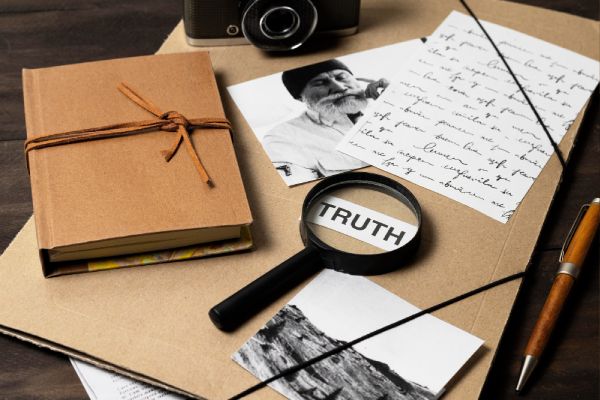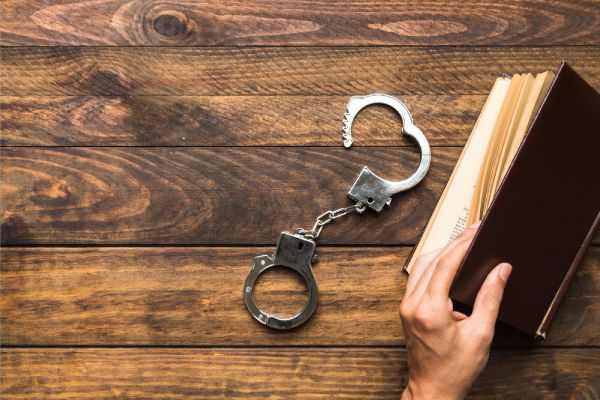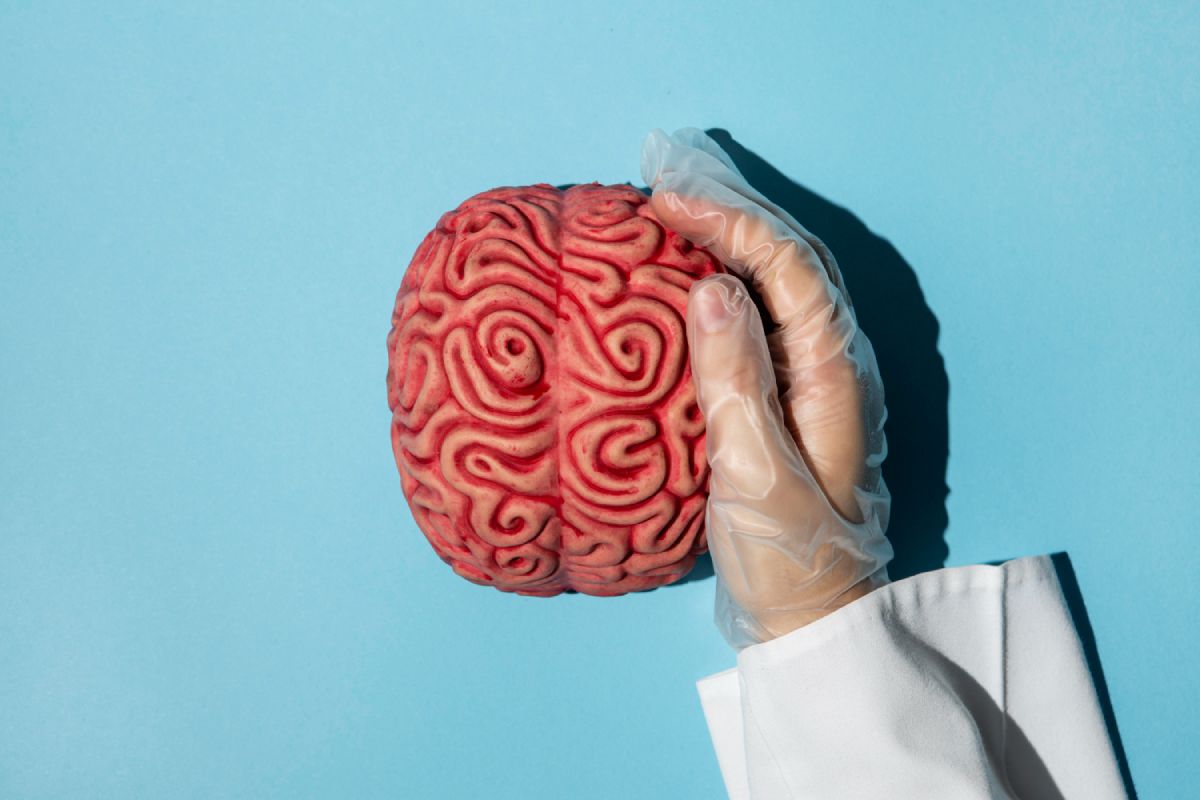What Evidence Shapes Forensic Psychology Expert Opinions?
Forensic psychologists are vital to the legal system, helping ensure that psychological insights are used fairly in court. Professionals in forensic psychology often provide expert evaluations and testimony that guide legal decisions. Once recognised by the court, forensic psychologists can serve as expert witnesses. They may be engaged to write reports, give oral testimony, or offer consultation. In some cases, they are asked to conduct evaluations and submit findings, which may lead to further testimony.
Alternatively, a lawyer may seek their general input on mental health issues in a case. No matter the role, forensic psychologists rely on various data points and sources what legal professionals call “evidence” to support their conclusions. This approach is crucial because individuals in legal settings might misrepresent information. Relying on only one source can lead to biased opinions, so using multiple sources ensures a well-rounded, accurate assessment. These practices help maintain the integrity of psychological input in legal matters.
Forensic psychology supports fair and informed decision-making in justice systems worldwide.

Key Information Sources Used by Forensic Psychologists During Evaluations
Forensic psychologists rely on several types of information to form their professional opinions in forensic psychology cases. Five common sources of evidence they use are outlined below.
Why Reviewing Records Matters in Forensic Psychology Evaluations
Access to records and background information plays a key role in understanding the cause of a person’s problems, symptoms, or impairments. Reviewing various types of documents can confirm or challenge what individuals report about themselves during evaluations. Records such as school files often include input from multiple people and provide diverse data sets. Forensic psychologists also commonly rely on medical, psychiatric, child welfare, previous forensic assessments, employment, police, and legal records though the relevance may vary depending on the type of evaluation. It’s important for legal representatives to begin collecting these documents early in the process. Reviewing records before evaluations or court testimony allows forensic psychologists to prepare thoroughly, choose the right assessment tools, and structure interviews effectively. This preparation helps ensure accurate and informed forensic psychology assessments.
Role of Clinical Interviews in Forensic Psychology
A clinical interview is an essential tool used by forensic psychologists to gather important information during an evaluation. It involves observing behaviour and listening to direct responses from the individual being assessed. This process helps determine if a diagnosis is needed and supports answering specific legal or psychological questions. In forensic psychology, interviews can vary in format standardised interviews follow a structured method with scorable responses (such as C.A.P.S. 5), structured interviews stick to a set pattern of questions, while spontaneous interviews adapt based on previous answers. Often, experts will use a mix of these approaches to collect accurate and relevant data. This flexible method ensures a thorough and fair evaluation in legal settings. Forensic psychologists rely on this process to provide clear, evidence-based insights for courts and other decision-makers.
Why Collateral Interviews Matter in Forensic Psychology Assessments:
Collateral interviews are an important part of forensic psychology assessments because they provide valuable third-party information. These interviews help confirm details shared by the person being assessed and often uncover additional facts that may not have been reported. Forensic psychologists typically speak with people close to the individual, such as family members, healthcare providers, co-workers, social workers, or caregivers. Sometimes, the referral source, like a lawyer or court representative, may also be involved. Information gathered may include medical and mental health history, early life details, and insights into personal relationships and family dynamics. It’s essential to understand that these sources can sometimes be biased or may hesitate to share difficult information. Skilled forensic psychologists use their training to guide these conversations, helping people focus on what they have directly observed. This process ensures that the information collected is as accurate and useful as possible.
How Forensic Psychologists Use Psychological Testing in Legal Contexts
Forensic psychologists conduct psychological testing when it is appropriate or necessary to support their evaluations. These professionals rely on standardised tests and assessment tools such as checklists and questionnaires to understand a person’s behaviour, thinking skills, learning abilities, and emotional well-being. These tests can be given verbally, using paper and pencil, or with the help of assistive devices. Since the COVID-19 pandemic, more testing options are now available online, but forensic psychologists must ensure that these digital formats are valid and reliable. The information gathered from testing helps guide diagnosis, identify levels of impairment, highlight strengths and weaknesses, and assess capacities relevant to legal matters. This process is a key part of forensic psychology and supports informed decision-making in courts and legal settings. Understanding how these tools are used can help demystify the role of forensic psychologists in the justice system.
How Forensic Psychologists Use Valid Testing to Support Legal Cases
In the field of forensic psychology, specialised testing plays a key role in legal assessments. Forensic psychologists often use specific tools to evaluate factors like effort, cooperation, defensiveness, and the possibility of malingering. These tools provide valuable insights and help ensure the accuracy of forensic evaluations. It’s essential that forensic psychologists choose tests that are scientifically validated and widely accepted within the professional community. Depending on the legal setting, these tests must meet either the Daubert or Frye standard, which judges use to determine if the methods and conclusions are based on sound scientific principles. This applies not only to the psychologist’s report or courtroom testimony but also to the tests used. Reliable testing supports the credibility of forensic psychology in legal cases and helps courts make informed decisions. Consistent, science-backed methods are essential to maintaining fairness and accuracy in forensic evaluations.

How Forensic Psychologists Help Uncover the Truth in Legal Cases
Forensic psychologists play a key role in helping courts and legal professionals understand mental health and psychological factors in legal cases. Their expert opinions can involve explaining psychological findings that are important to legal questions through consultations, assessments, written reports, or expert testimony. As a best practice in forensic psychology, professionals rely on multiple sources of information to form well-supported opinions. These sources often include reviewing records, conducting interviews, performing psychological assessments, and using specialised forensic tests. A skilled forensic psychologist must also carefully analyse and balance information even when it’s conflicting to reach a solid, evidence-based conclusion. This process ensures fairness and accuracy in legal decision-making.
Why Accuracy and Ethics Matter in Forensic Psychology Evaluations
In forensic psychology, accuracy and ethical practice are critical for ensuring that expert opinions are credible, fair, and useful in legal contexts. Forensic psychologists must follow clear standards to maintain trust in their findings and uphold justice.
The Importance of Accurate Evaluations
Accurate evaluations help forensic psychologists provide reliable insights that courts and legal professionals can depend on. These experts use scientific methods, validated tools, and consistent procedures to assess mental health, behaviour, and cognitive abilities. Small errors or assumptions can lead to flawed conclusions, which may influence a court’s decision in serious ways. That’s why forensic psychology relies on thorough documentation, critical thinking, and careful analysis of all available evidence.
Ethical Standards in Forensic Psychology
Ethics guide every step of the evaluation process. Forensic psychologists are responsible for protecting confidentiality, avoiding conflicts of interest, and treating all individuals with respect and fairness. They must remain neutral and avoid being swayed by the interests of either party in a legal case. Following ethical guidelines such as those found in the Specialty Guidelines for Forensic Psychology ensures that their work meets professional and legal expectations.
Supporting Fair Legal Outcomes
Maintaining both accuracy and ethics allows forensic psychologists to contribute positively to the legal system. Their evidence-based opinions help ensure that legal decisions are informed by truthful, objective information. This protects the rights of individuals involved and supports just outcomes. By upholding these standards, forensic psychology continues to play a vital role in ensuring integrity and fairness in legal proceedings.
Conclusion
Forensic psychologists rely on a wide range of reliable evidence sources to offer accurate, ethical, and well-supported expert opinions. By combining records, interviews, psychological testing, and validated forensic assessments, they ensure a complete and unbiased evaluation. This thorough approach reduces the risk of error and helps courts make informed, fair decisions.
Accuracy and ethics are at the core of every forensic psychology evaluation. Experts must adhere to high standards, balancing scientific methods with legal guidelines. Their work supports the pursuit of justice by delivering truthful, objective insights that influence legal outcomes.
Ultimately, forensic psychology strengthens legal processes by providing a deeper understanding of human behaviour and mental health, ensuring fairness and integrity in each case.
FAQs
What is the main role of a forensic psychologist?
They assess psychological factors in legal cases and provide expert opinions through reports, evaluations, or testimony.
Why do forensic psychologists use multiple evidence sources?
Multiple sources ensure accurate, unbiased evaluations and reduce the risk of relying on false or misleading information.
What types of records are used in forensic evaluations?
Records may include medical, school, legal, employment, and mental health documents, depending on the case type.
What is the purpose of psychological testing in legal cases?
Testing helps assess mental health, behaviour, and abilities, supporting accurate diagnosis and legal decision-making.
How do forensic psychologists maintain ethical standards?
They follow strict guidelines to stay neutral, protect confidentiality, and use validated, science-based evaluation methods.

